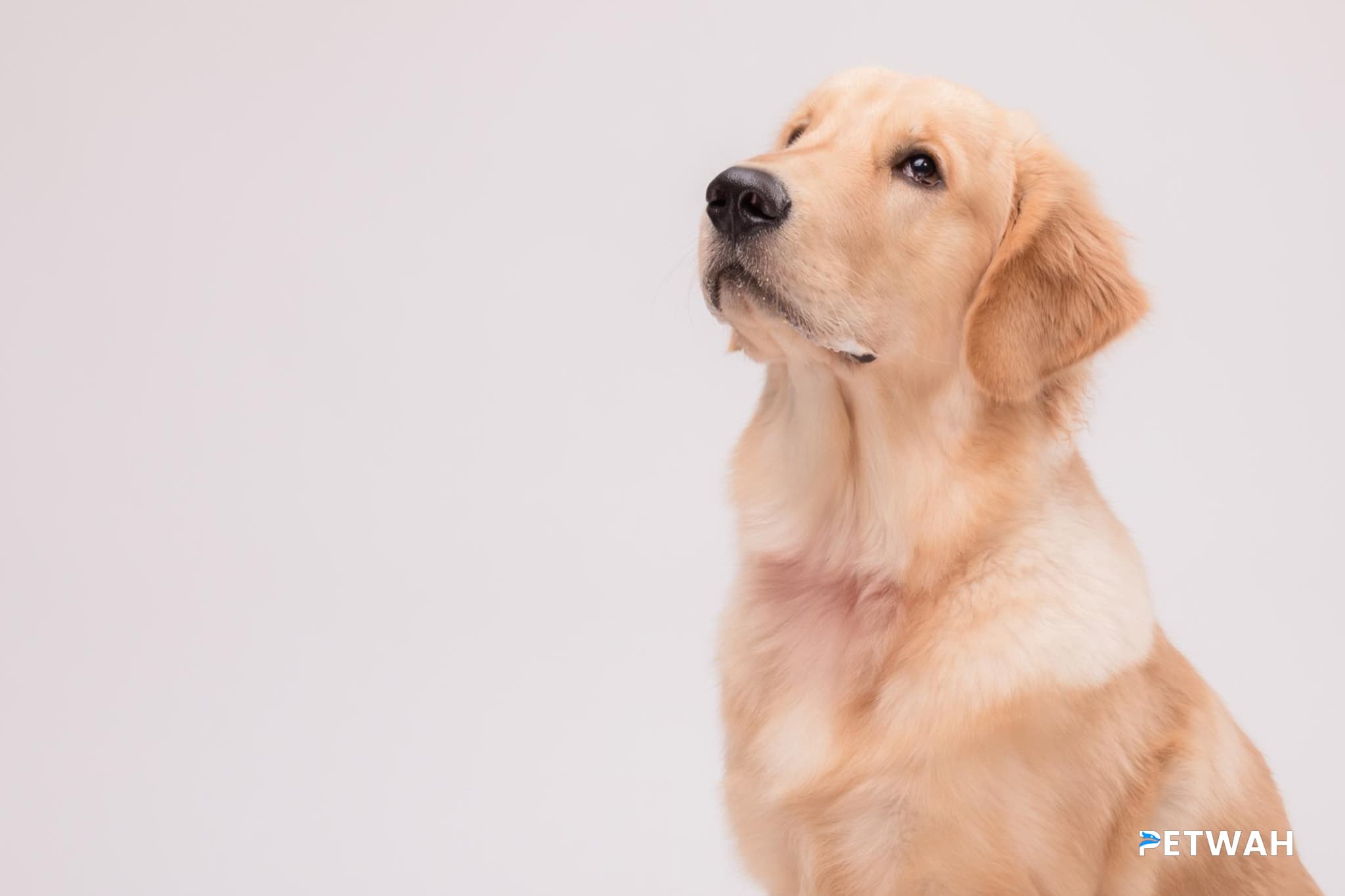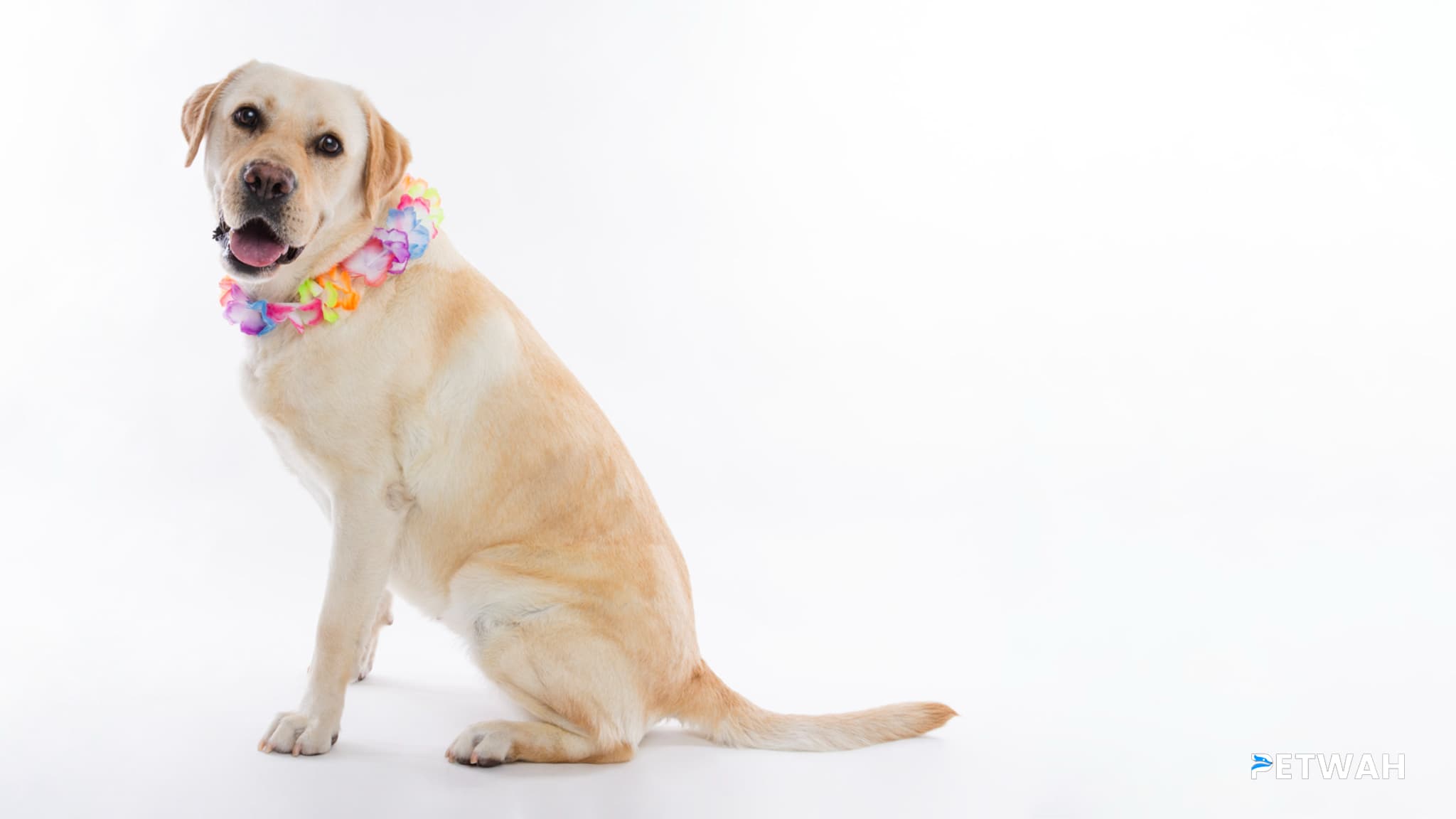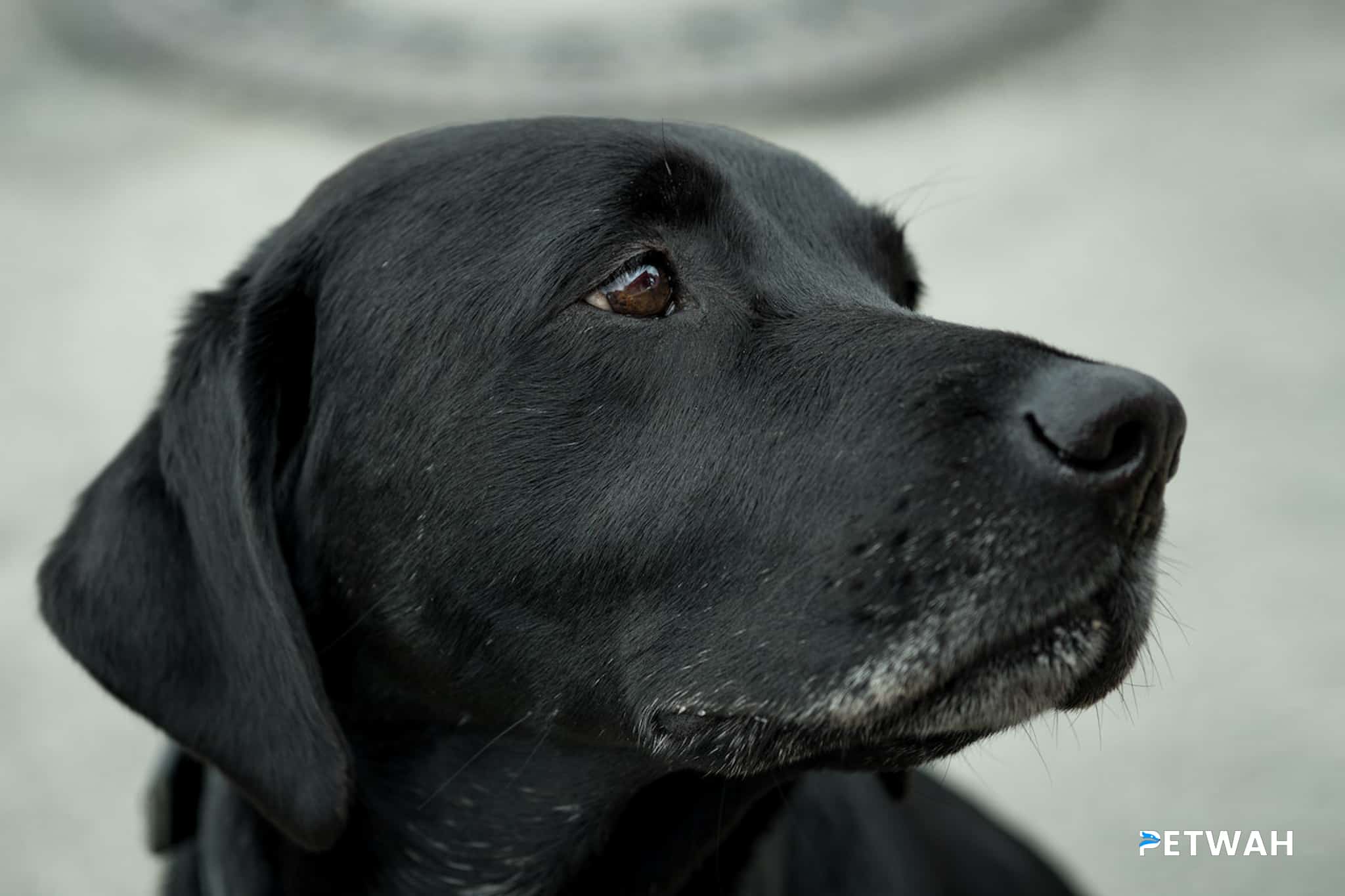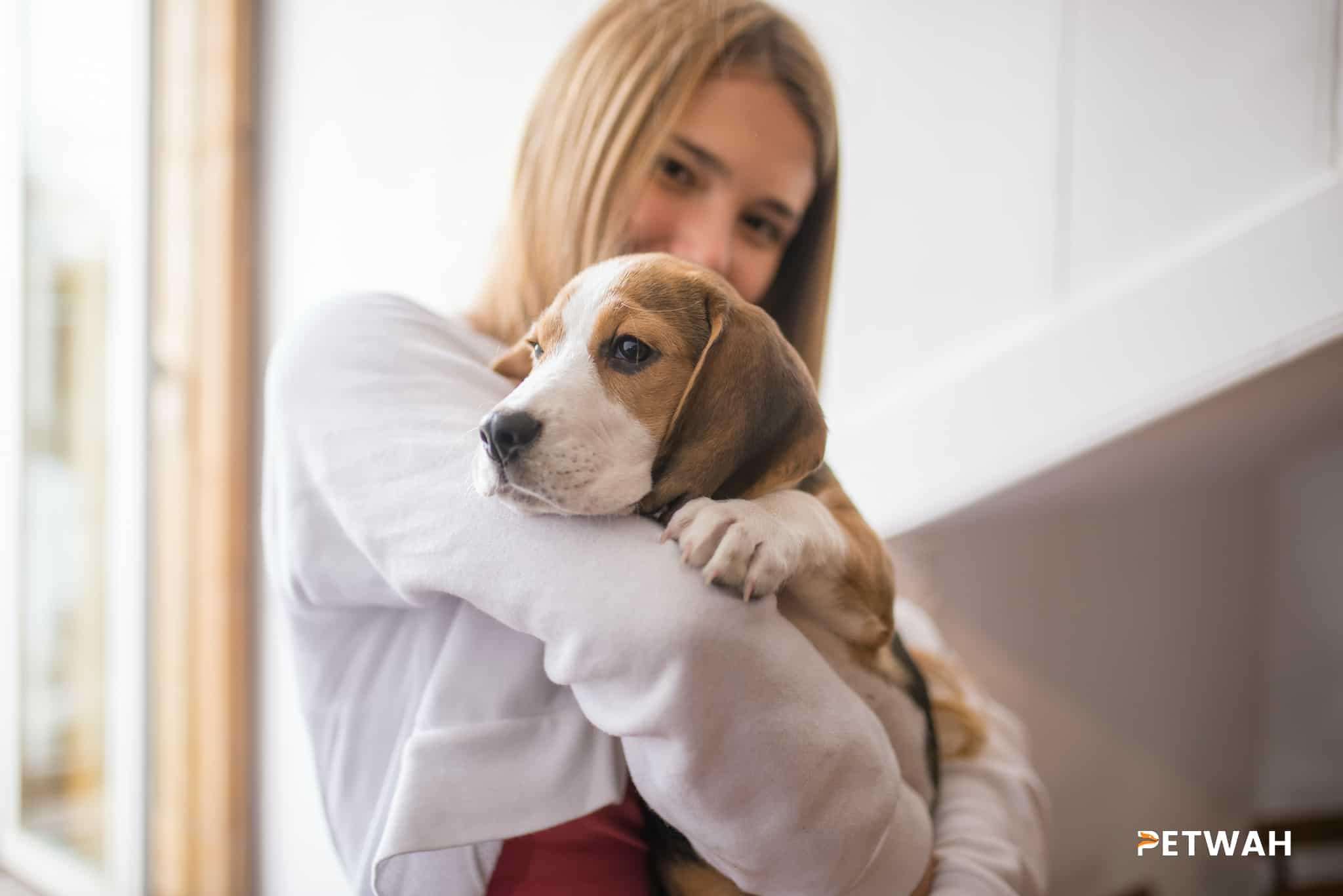Labrador puppies are notorious for their playful and curious nature. While their energy and enthusiasm are endearing, they can also lead to destructive chewing behavior if left unattended. As a responsible pet owner, it’s crucial to take proactive measures to prevent destructive chewing in Labrador puppies. By understanding the underlying causes and implementing effective training techniques, you can ensure both the safety of your belongings and the well-being of your furry friend.
Understanding the Causes of Destructive Chewing
Labrador puppies may engage in destructive chewing due to various reasons. It’s essential to identify these causes to address the issue effectively. Some common reasons for destructive chewing in Labrador puppies include:

1. Teething: Puppies, like human infants, go through a teething phase. Chewing helps alleviate the discomfort caused by emerging adult teeth.
2. Boredom: Labrador puppies are high-energy breeds that require mental and physical stimulation. If they don’t receive enough exercise and playtime, they may resort to destructive chewing out of boredom.
3. Anxiety and Stress: Changes in the environment, separation anxiety, or a lack of routine can cause anxiety and stress in puppies, leading them to chew on objects as a coping mechanism.
Preventing Destructive Chewing in Labrador Puppies
Prevention is key when it comes to tackling destructive chewing habits in Labrador puppies. By implementing the following strategies, you can effectively redirect their chewing behavior:
1. Provide Appropriate Chew Toys: Offer a variety of safe and durable chew toys specifically designed for puppies. This not only helps satisfy their chewing needs but also redirects their attention away from your belongings.
2. Regular Exercise and Mental Stimulation: Ensuring your Labrador puppy gets enough physical exercise and mental stimulation is crucial. Engage them in daily walks, play fetch, or enroll them in obedience training classes. Mental stimulation can be provided through puzzle toys, training sessions, or interactive games.
3. Puppy-proof the Environment: Remove any items that may tempt your puppy to chew, such as shoes, electrical cords, or valuable objects. Keep them out of reach or confined to a puppy-proofed area when you’re unable to supervise them.
4. Positive Reinforcement Training: Utilize positive reinforcement techniques to teach your Labrador puppy what they are allowed to chew on and what they should avoid. Reward them with treats and praise when they chew on their toys instead of inappropriate objects.
Quotable: “Remember that prevention is key when it comes to destructive chewing. Provide appropriate chew toys, regular exercise, and mental stimulation to redirect their chewing behavior.” – PetWah
5. Seek Professional Help: If your Labrador puppy’s destructive chewing persists despite your best efforts, consider seeking guidance from a professional dog trainer or behaviorist. They can provide valuable insights and personalized training plans to address the issue effectively.
Conclusion
Preventing destructive chewing in Labrador puppies requires understanding their underlying causes and implementing appropriate strategies. By providing a range of chew toys, regular exercise, and positive reinforcement training, you can redirect their chewing behavior and ensure a harmonious living environment. Remember to be patient and consistent in your approach and seek professional help if needed. By taking proactive measures, you can help your Labrador puppy develop into a well-behaved and content companion.
FAQs
1. How long does the teething phase last in Labrador puppies?
The teething phase in Labrador puppies typically occurs between 3 and 7 months of age and can last for several weeks.
2. How much exercise do Labrador puppies need?
Labrador puppies should receive at least 1-2 hours of exercise per day to keep them mentally and physically stimulated.
3. Are all chew toys safe for Labrador puppies?
No, it’s essential to choose chew toys specifically designed for puppies and ensure they are made of safe and durable materials. Avoid toys with small parts that could be swallowed.
4. Can separation anxiety cause destructive chewing?
Yes, separation anxiety can lead to destructive chewing in Labrador puppies. It’s important to address the underlying anxiety issue through training and gradual desensitization.
5. How can positive reinforcement training help with destructive chewing?
Positive reinforcement training involves rewarding your Labrador puppy for desired behavior, such as chewing on appropriate toys. It helps them understand what is acceptable and encourages them to repeat the behavior.
Now that you have the knowledge and tools to prevent destructive chewing in your Labrador puppy, it’s time to put them into practice. Visit PetWah for a wide range of safe and durable chew toys designed specifically for puppies. Start creating a chew-friendly environment and enjoy a happy and harmonious relationship with your furry friend.
[PetWah](https://www.petwah.com/)






%20-%20Copy.jpg)
